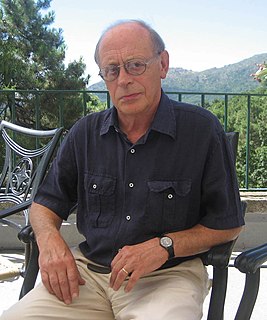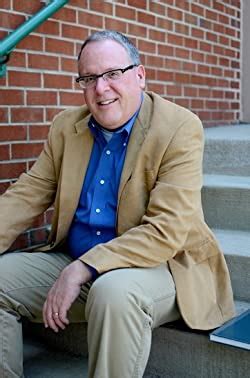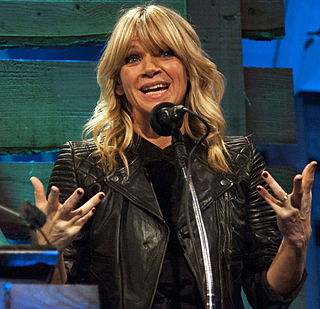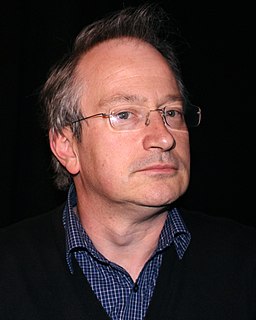A Quote by Gustave Flaubert
The deplorable mania of doubt exhausts me. I doubt about everything, even my doubts.
Quote Topics
Related Quotes
There are many different kinds of doubt. When we doubt the future, we call it worry. When doubt other people we call is suspicion. When we doubt ourselves we call it inferiority. When we doubt God we call it unbelief. When we doubt what we hear on television we call it intelligence! When we doubt everything we call it cynicism or skepticism.
Doubt is most often the source of our powerlessness. To doubt is to be faithless, to be without hope or belief. When we doubt, our self-talk sounds like this: 'I don't think I can. I don't think I will.'... To doubt is to have faith in the worst possible outcome. It is to believe in the perverseness of the universe, that even if I do well, something I don't know about will get in the way, sabotage me, or get me in the end.
One does not learn anything except by believing something, and -- conversely -- if one doubts everything one learns nothing. On the other hand, believing everything uncritically is the road to disaster. The faculty of doubt is essential. But as I have argued, rational doubt always rests on faith and not vice versa. The relationship between the two cannot be reversed.
Diane von Furstenberg actually gave me a very good piece of advice. She said, 'When you doubt your power, you give power to your doubt,' so that's something I'm going with. I think that's a really good answer: Just don't listen to the doubts. Your doubts are generated by fear, and fear is a series of distorted thoughts."





































